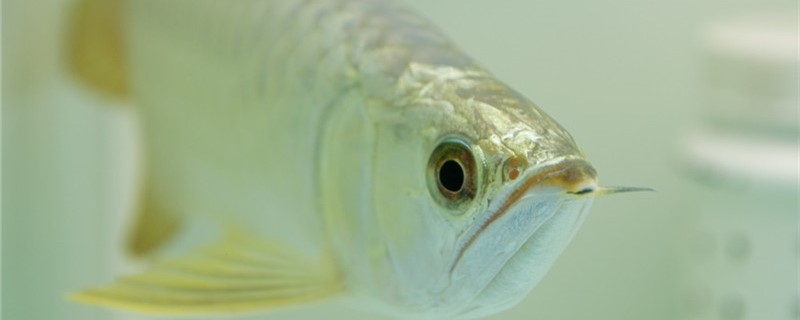
When breeding arowana, we need to pay attention to the problem of feeding. Centipede is a good bait for arowana, which contains sufficient nutrition. However, not all arowana need centipedes. Only adult arowana can feed centipedes, that is, arowana with a length of more than 35 centimeters can feed centipedes.
Other times, you can feed some small fish, frogs and other protein-rich bait. Moreover, generally speaking, only red arowana need to feed centipede, mainly in the color period of feeding, for goldfish is generally not needed. When feeding arowana with centipedes, it is best to take live centipedes. The frequency of feeding needs attention, feeding once a week on the line, not too much.
To feed the arowana centipede is effective, can promote its hair color. When toxins accumulate in the body of the arowana, the internal organs of the arowana will change, and this change will also be reflected in their scales, also known as hair color. After feeding the centipede to the arowana, it will take about a week to develop color.
However, if the toxin accumulates too much, its body color will suddenly become very dark, and its temperament will become very abnormal, often irritable, and easy to fight with other fish, or even get other diseases. In order to avoid the harm of toxins to the arowana itself, the centipede must not be fed too much.